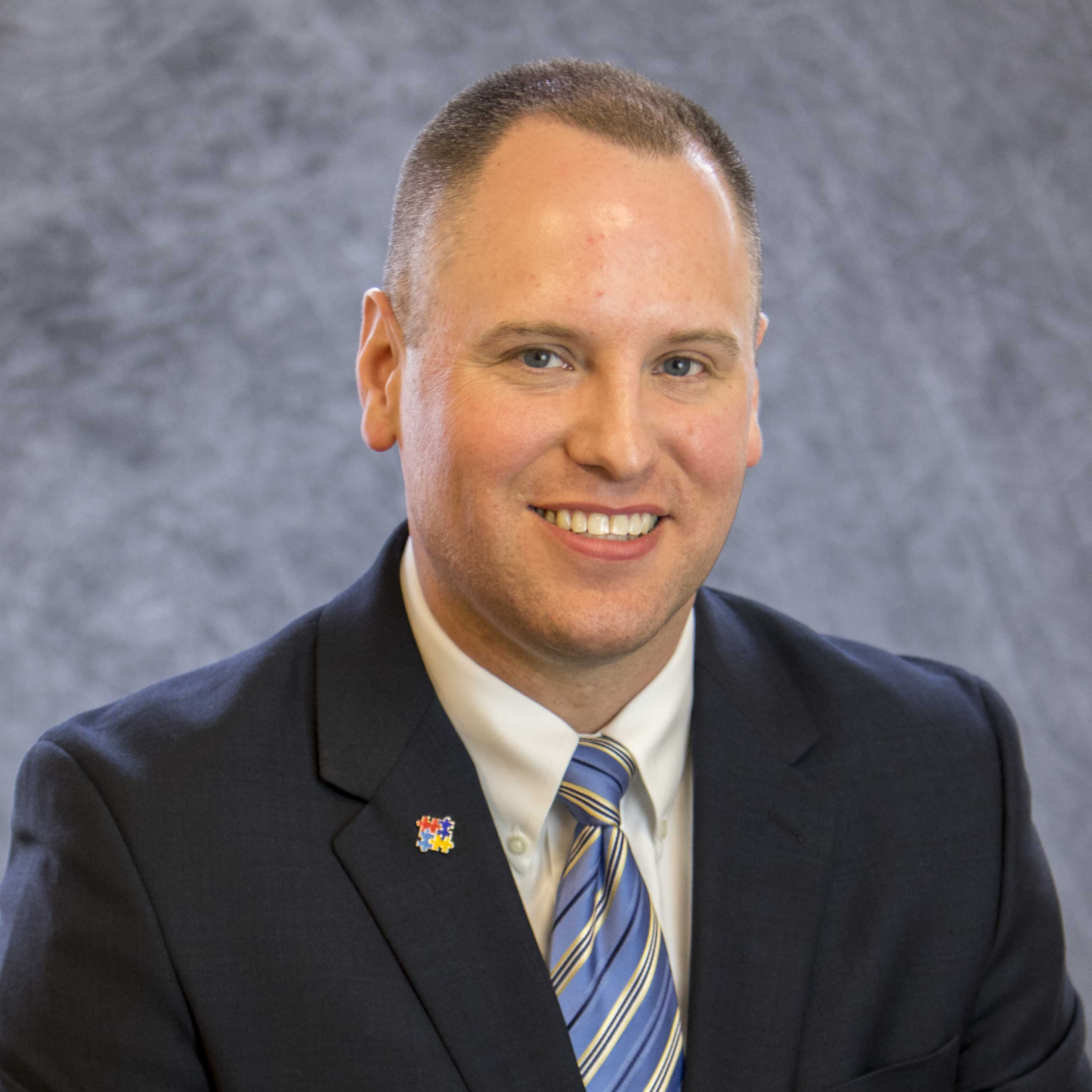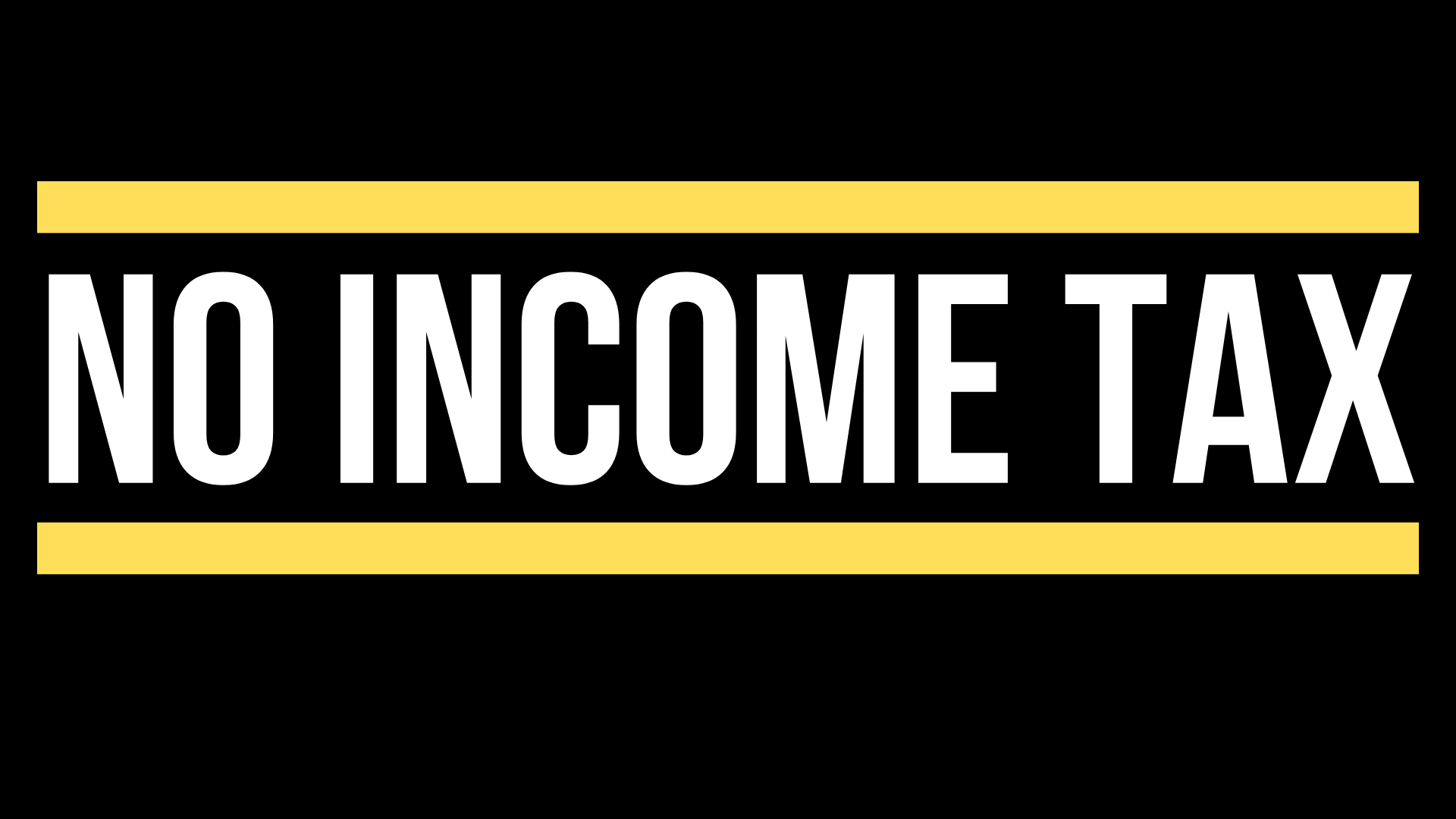The Spokesman-Review published this column on January 31, 2011.
A high-stakes game is being played with the money of Washington taxpayers – even those who don’t gamble. The Spokane Tribe of Indians is asking the federal government for permission to build a new casino in Airway Heights – off tribal land and in the backyard of Northern Quest Casino. The tribe will need luck and a lot of convincing to make that happen.
The Kalispels, who own and operate Northern Quest, received a special waiver to build their casino off tribal land, something usually forbidden by federal law. The Spokanes want the same exception, but for a different reason. The Kalispel tribal land was considered uninhabitable – that’s why they asked for the waiver – while the Spokane Tribe’s land already has two casinos. When it comes right down to it, the Kalispels want to keep their monopoly, the Spokanes want part of the market share, and taxpayers want to know why they’re stuck holding the bill for government services while casinos cash in.
In Washington state, there are 29 federally recognized Indian tribes. They own and operate more than two dozen casinos, which together made $1.6 billion in gross revenue in 2009. That’s a 478 percent increase since 2000.
Not one dime of the revenue goes to taxes. In fact, the state is prohibited by federal law from taxing any aspect of tribal gaming. Some tribal businesses make limited payments to local governments. But payments are subject to agreements and often negotiated at fixed amounts. Nearly every tribe in the state has agreed to pay up to 2 percent of its net profits to local governments or nonprofits to offset the costs associated with the operation and public impacts of a casino. However, the tribes have the discretion to decide where the money is directed. And many of those arrangements only take effect if the tribe makes a clear profit, while nontribal business owners must pay the B&O tax regardless of whether they make a profit.
Even though it would operate tax-free, the proposed agreement would give the Spokane tribal casino the “same services (the city and county) provide to properties of similar density.” In other words, services paid for by taxpayers.
What do Airway Heights and Spokane County get in return? Either 2 percent of net profits as negotiated through the tribal gaming compacts with the state or an agreement that calls for a sliding scale of payments starting at $14,500 and eventually topping out at $2?million. Casino profits would be unlimited, while the tribe would not contribute more than either the compact or the local agreement.
The Kalispel Tribe would not disclose how much it pays to the city or county. The tribe’s contribution to local government and its casino profits remain secret.
Nontribal card rooms and mini-casinos are subject to the full array of business taxes. In fact, local governments can levy a tax of up to 20 percent on gross receipts from gambling. This makes competing with a tribal casino nearly impossible.
Some tribes are even moving beyond traditional casino businesses and taking advantage of the tax-free status. The Spokane Tribe is also selling gasoline and not paying the state 37.5-cent-per-gallon gas tax.
In an effort to silence critics, some tribes in other states often negotiate profit-sharing agreements with state governments. In Washington, however, there is no profit-sharing agreement. In 2005, the Washington state Gambling Commission reached a tentative agreement with the Spokane Tribe under which the tribe would pay a percentage of gambling profits to the state general fund. Gov. Chris Gregoire ordered the agreement canceled and the state never received the planned payments.
In the end, the canceled 2005 deal would have netted state taxpayers an additional $42?million to $490?million, depending on the amount of casino profits. In light of a $4.6?billion budget deficit, that’s money the state could use.
As native peoples, tribes in Washington state once struggled to provide for their members. With an array of thriving tax-free businesses, Washington tribes are now doing well financially. State leaders should negotiate an agreement with tribal casino owners so that a portion of profits is paid to the state in place of taxes. Until then, it appears the game is fixed against Washington taxpayers.





